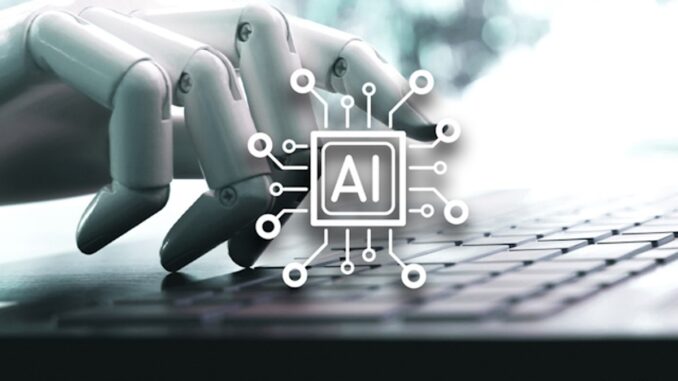
The future of work is closely tied to the development and integration of artificial intelligence (AI) technologies. Here’s a comprehensive overview of the potential impacts of AI on the workforce:
1. **Increased productivity**: AI can automate repetitive and mundane tasks, freeing up human workers to focus on higher-value tasks that require creativity, empathy, and problem-solving skills.









2. **Improved decision-making**: AI can analyze vast amounts of data, providing insights and recommendations that can inform business decisions and improve outcomes.
3. **Enhanced customer experience**: AI-powered chatbots and virtual assistants can provide 24/7 customer support, helping to build trust and increase customer satisfaction.
4. **New job creation**: While AI may displace some jobs, it will also create new ones, such as AI developer, data scientist, and AI ethicist.
5. **Increased accessibility**: AI-powered tools can help people with disabilities, language barriers, or other challenges access work opportunities and improve their overall quality of life.
**Potential challenges of AI on the future of work:**
1. **Job displacement**: AI may automate tasks that were previously performed by humans, leading to job losses and economic disruption.
2. **Skills gap**: The rapid pace of technological change may create a skills gap, as workers struggle to keep pace with the latest AI technologies.
3. **Bias and inequality**: AI systems may perpetuate existing biases and inequalities, exacerbating social and economic disparities.
4. **Cybersecurity risks**: As AI becomes more widespread, so too do the risks of cyber attacks and data breaches.
5. **Regulatory challenges**: Governments and industries must navigate complex regulatory landscapes to ensure that AI technologies are developed and implemented responsibly.
**Future skills for the AI-driven workforce:**
1. **Data literacy**: Understanding how to collect, analyze, and interpret data will be critical in the AI-driven workforce.
2. **Creativity and problem-solving**: Workers will need to be able to think critically and creatively to solve complex problems and adapt to changing circumstances.
3. **Emotional intelligence**: As AI takes over routine tasks, human workers will need to develop their emotional intelligence to build strong relationships with colleagues, customers, and clients.
4. **Digital literacy**: Workers will need to be proficient in using AI-powered tools and platforms to stay competitive in the job market.
5. **Continuous learning**: Workers will need to be willing and able to learn new skills and adapt to changing technologies and business landscapes.
**Recommendations for organizations:**
1. **Upskill and reskill**: Invest in employee training and development programs to ensure workers have the skills they need to thrive in an AI-driven workforce.
2. **Foster a culture of innovation**: Encourage experimentation, creativity, and risk-taking to drive innovation and stay ahead of the competition.
3. **Emphasize human skills**: Focus on developing skills that are unique to humans, such as empathy, creativity, and problem-solving.
4. **Prioritize diversity and inclusion**: Create a culture that values diversity and inclusion, and takes steps to mitigate biases and inequalities in AI systems.
5. **Develop responsible AI**: Prioritize the development of AI technologies that are transparent, explainable, and auditable, and that promote fairness and accountability.
**Recommendations for individuals:**
1. **Stay adaptable**: Be open to learning new skills and adapting to changing circumstances.
2. **Develop a growth mindset**: Believe that your abilities and intelligence can be developed through hard work, dedication, and persistence.
3. **Focus on human skills**: Develop skills that are unique to humans, such as empathy, creativity, and problem-solving.
4. **Stay up-to-date with the latest technologies**: Continuously educate yourself on the latest AI technologies and their applications.
5. **Prioritize your well-being**: Take care of your physical and mental health, and prioritize activities that bring you joy and fulfillment.
By understanding the potential impacts of AI on the future of work, organizations and individuals can take steps to mitigate the challenges and capitalize on the opportunities presented by these technologies.


Leave a Reply